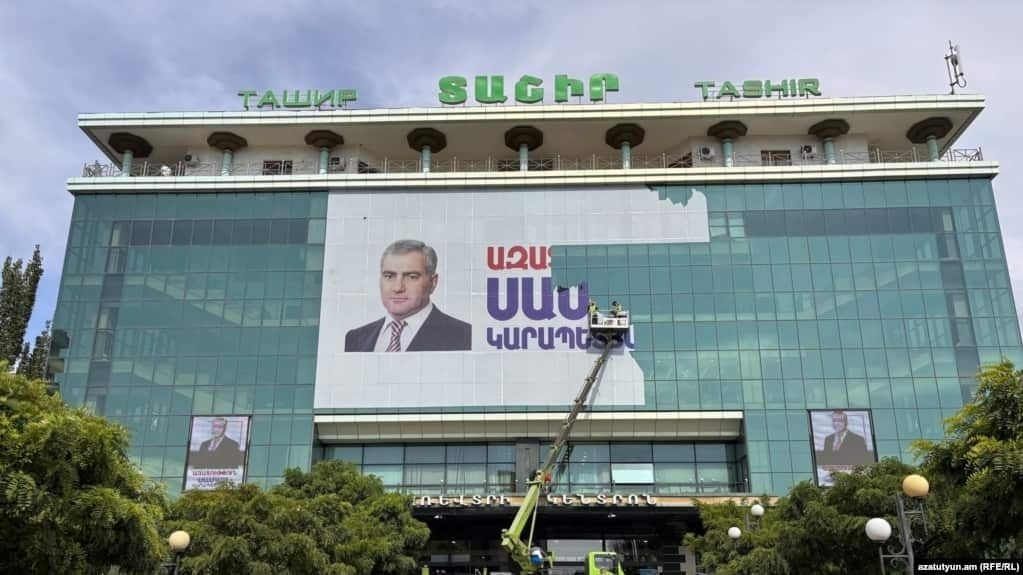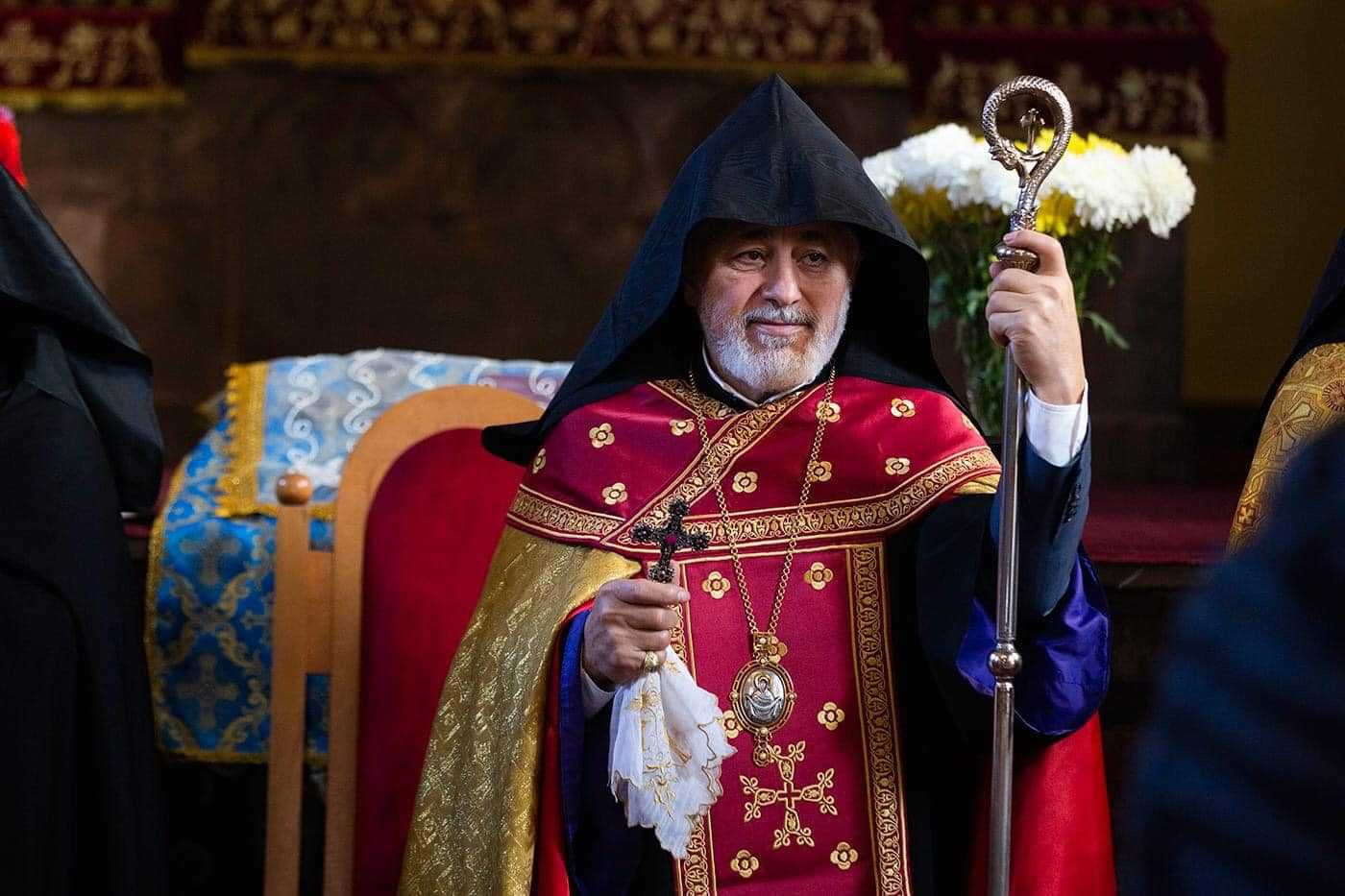
Armenia’s Public Services Regulatory Commission (PSRC) has voted to revoke the electricity distribution licence of the country’s main power grid operator, the Electric Networks of Armenia (ENA), owned by jailed Russian–Armenian billionaire Samvel Karapetyan’s Tashir Group.
After three days of tense hearings, the PSRC on Monday approved the draft decision by four votes to one, clearing the way for the ENA to lose its monopoly licence to distribute electricity across Armenia. Commissioner Ara Nranyan voted against and said he would publish a separate opinion.
The session, held in the hall of the Competition Protection Commission and repeatedly disrupted by technical issues and procedural disputes, ended without the regulator withdrawing for a closed door discussion before the vote.
Presenting the conclusions of the PSRC staff, official Meri Ghazaryan said the regulator had proposed the termination of the licence based on several serious violations identified by the company’s state-appointed temporary manager, ruling Civil Contract party member Romanos Petrosyan.
According to Petrosyan’s reports, the ENA’s automated metering system failed in January 2025, and data from the company’s electricity metering systems dating back to 2018 were deleted. The regulator has said the ENA also engaged in under-collection and over-billing in a number of regional branches, including the Geghama, Araks, Ghars, and Debed units, where local managers were allegedly instructed to ‘ensure losses’ at set percentage levels.
A third key claim concerns financial guarantees the ENA provided on loans taken out by other Tashir-linked companies from Armenian commercial banks. In one case, Tashir Capital reportedly received a $7 million loan from Ardshinbank, backed by the ENA as guarantor; another loan from the AMIO Bank to Armholding was again guaranteed by the grid operator.
Lawyers representing Tashir Capital rejected the accusations as unfounded and politically driven, repeatedly clashing with Petrosyan and PSRC chair Mesrop Mesropyan during the hearings.
Former acting ENA director Davit Ghazinyan admitted there had been management shortcomings, but insisted they did not justify stripping the company of its licence, accusing the commission of following Prime Minister Nikol Pahinyan’s political line rather than acting independently.
Tashir’s legal team also challenged Mesropyan’s participation in the process, pointing to his previous Civil Contract membership and arguing he was not impartial when he appointed Petrosyan as temporary manager in July, shortly after Pashinyan publicly floated the idea of ‘surgical measures’ against the ENA, including nationalisation. The commission unanimously rejected the recusal motion.
According to legal amendments rushed through parliament this summer, if the ENA loses its licence, the grid must be recognised as a ‘publicly overriding interest’, its value assessed, and compensation paid to the current owner. The PSRC’s draft decision also envisages that Petrosyan will remain as manager while these steps are carried out.
The government has outlined two possible scenarios: full nationalisation with the grid remaining under state control, or transfer of a controlling stake to an ‘internationally reputable’ energy operator, with the state retaining a strategic shareholding.
Tashir Group has already initiated international arbitration, seeking hundreds of millions of dollars in compensation over what it describes as unlawful interference in its investment in Armenia’s power sector.
Karapetyan, one of the wealthiest Armenians in Russia, was detained earlier this year on separate charges of large-scale fraud. The Tashir Group founder, whose conglomerate spans construction, retail, real estate, and energy, acquired ENA in 2015 and has long been regarded as one of the most influential diaspora investors in Armenia.
Karapetyan was arrested after his public statements siding with the church leadership in its competition with Pashinyan. Following his arrest, Karapetyan’s nephew Narek Karapetyan announced intentions to run in the upcoming 2026 parliamentary elections.









